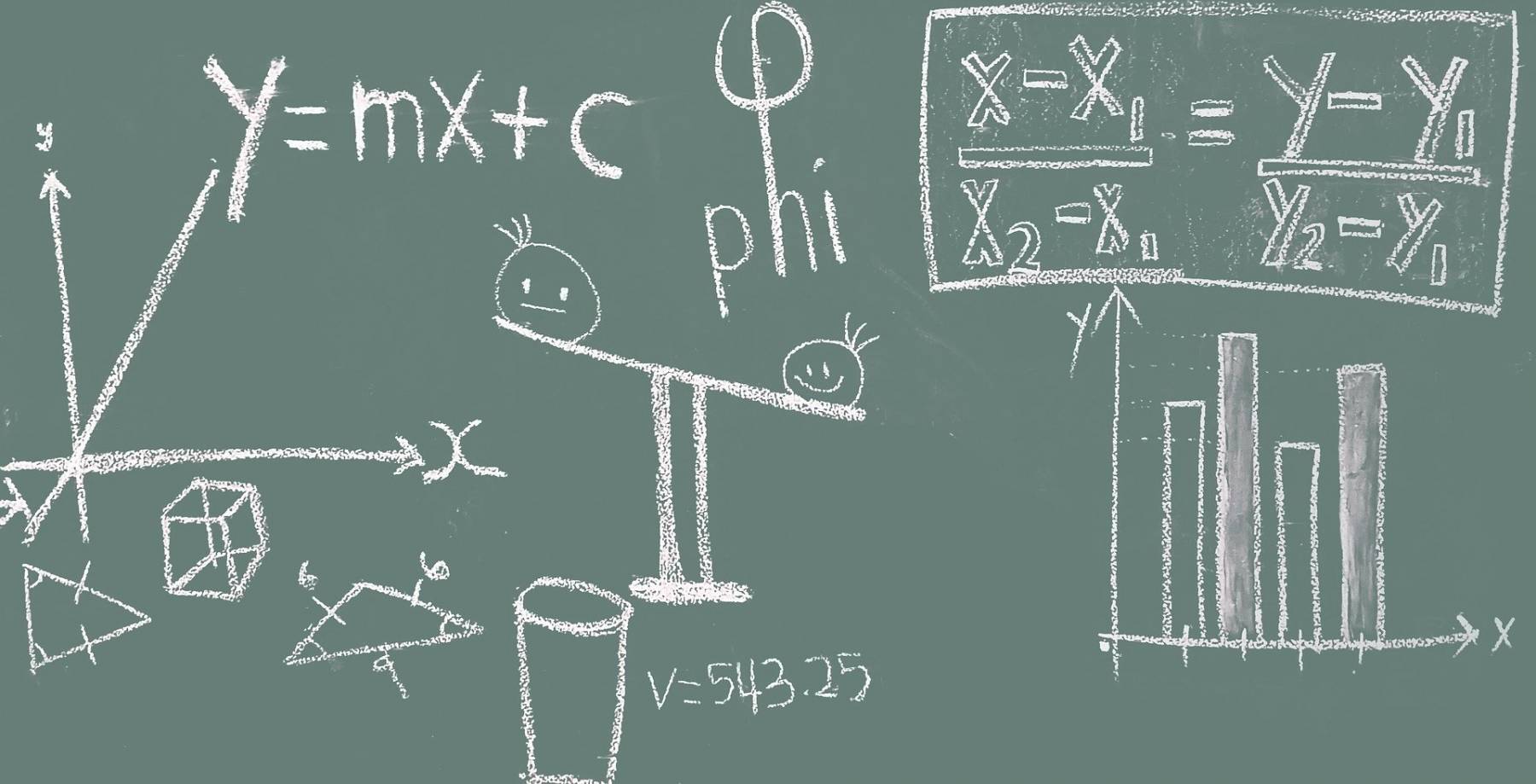Find the programme that meets your requirements and aspirations.
Apply nowStudent Blogs
- SPJIMR
- Blog
- What I learnt from my TA-ship?
What I learnt from my TA-ship?

Would I be able to complete my Teaching Assistantship (TA-ship) successfully? How much time would I need to dedicate to it, considering I already have responsibilities as a research scholar? When I began my Teaching Assistantship (TA-ship) with Prof. Sushmita Srivastava as part of the Fellow Programme, the Doctoral Programme in Management at SPJIMR in November 2020, I obviously had my doubts and apprehensions. However, most of my doubts were cleared when I spoke to my mentor. She showed full confidence in my skills and competencies and assured me of all her support.
The TA-ship is a well-structured programme created by the FPM department. To borrow from my mentor’s words: “The TA-ship programme provides an opportunity for a research scholar to be paired with experienced faculty to tap into this intellectual resource and sharpen the capabilities involved in disseminating the same to the student audience.” As an HR professional with over 14 years of experience in HRM, Prof. Srivastava, who is the Associate Professor – People & Performance at SPJIMR, was the ideal mentor for me.
At the start of the TA-ship programme, I received a mail from the FPM office to the FPM cohort and a similar mail went out to the faculty members who would be interested in mentoring the FPM scholars. The mail came with a TA-ship handbook which included the objectives of the programme and the process to be followed. There was also a list of activities that needed to be completed and a rubric for evaluation. The handbook was quite handy as it helped set the expectations of the FPM scholar and the mentor from the TA-ship.
As the course progressed, the learnings became more interesting. In January 2021, there was a faculty development programme (FDP) at SPJIMR, which was extended to the FPM scholars. The FDP covered the course design using Bloom’s taxonomy. It was pertinent and helpful. The TA-ship is designed for approximately 10 to 12 months; however, the programme is flexible. Mentors have the flexibility to cover different modules over different academic courses or programmes. In my case, Prof. Srivastava suggested we review the People & Performance II course outline for the GMP. This was a great learning opportunity as I, along with Prof. Srivastava did many interesting things such as reviewing the extant course design using Bloom’s taxonomy. We reviewed current research in the areas of SHRM, performance management, Talent Management, etc. We also added relevant contemporary content, discussed and suggested changes to session plans besides creating quizzes and caselets for evaluation.
The experience during the TA-ship has been positive. I have learned many things from my mentor, like how sessions are designed, planned and executed. Prof. Srivastava shared her inputs on pedagogy and class management and encouraged me to share my HR experiences during the sessions. I also enjoyed creating quizzes and caselets a lot during the course. The programme is a process that involves a lot of reflection to ensure that the evaluation and grading are a true reflection of the students’ knowledge and skills.
Of course, facilitating a session is a challenge at the best of times. While it was challenging, it was also interesting to attend sessions. The diversity of views and maturity of the participants is something that struck me. Also, the way my mentor encouraged all students to participate and express their views was a good takeaway. Another great learning I had while pursuing FMP at SPJIMR, one of the top B schools in India, was how to manage sessions with students with diverse levels of competencies and expertise. My mentor, however, made it easier by sharing regular feedback. She even asked me to share feedback on her facilitation. That was a very humbling experience.
Recent Posts
- #DoCCDiaries: Community springs in the Bag Guler Panchayat July 9, 2024
- Experiential learning: My month-long advocacy internship with PGDM’s DoCC June 25, 2024
- My journey: Transforming lives through Abhyudaya June 6, 2024
- Discovering cutting-edge applications of AI and ML in the finance sector June 4, 2024
- #DoCCDiaries: Durbar: Fight against stigma for ‘dignity of profession’ May 28, 2024

